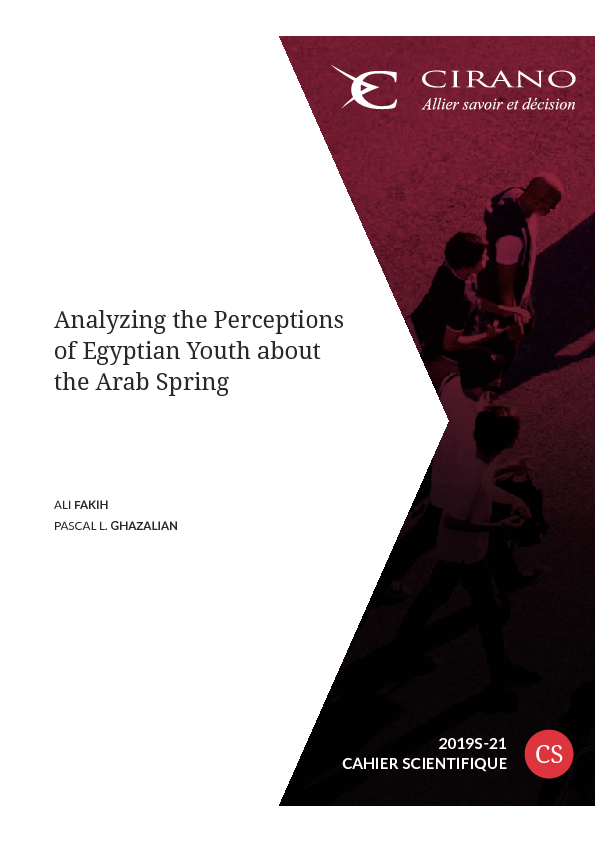Analyzing the Perceptions of Egyptian Youth about the Arab Spring
Egyptian youth played a central role in the Arab Spring (AS) uprisings, yearning for changes in the political system and for better economic conditions. This paper investigates the perceptions of young Egyptians about the AS. The empirical analysis uses a bivariate ordered probit model to examine the factors influencing these perceptions through proxies that cover political, social, and economic conditions. The results reveal that social values and ideological characteristics matter more than the standard socio-economic attributes in understanding the perceptions of young Egyptians. They indicate that individuals with secularist, non-traditionalist, and gender equality inclinations formed more favourable perceptions about the AS. Also, they suggest that the AS has led to unfavourable perceived circumstances for the Arab Nationalism and pan-Islamism ideologies, and propitious perceived conditions for further connection with the global system. These findings signal that the AS may have set a path toward a significant transformation in the Egyptian society.




